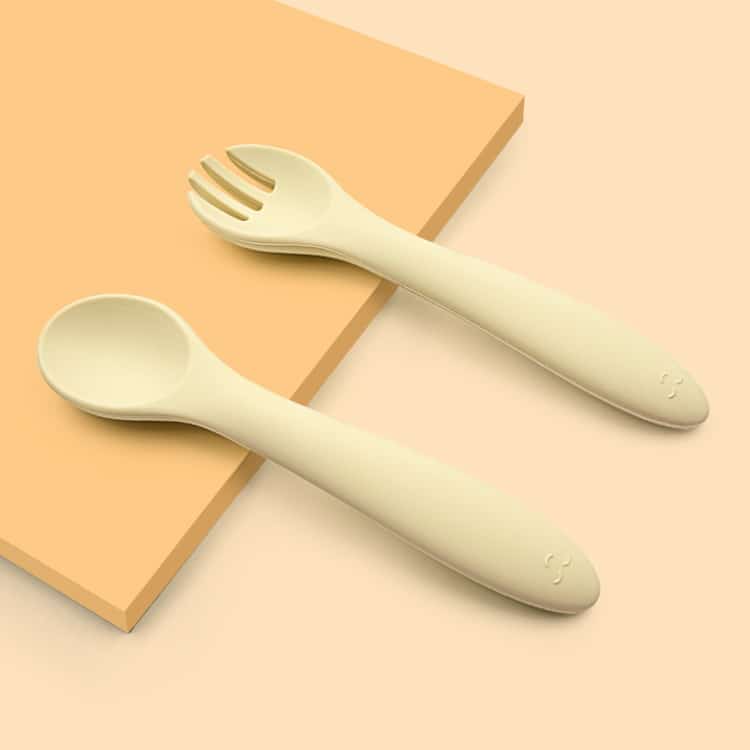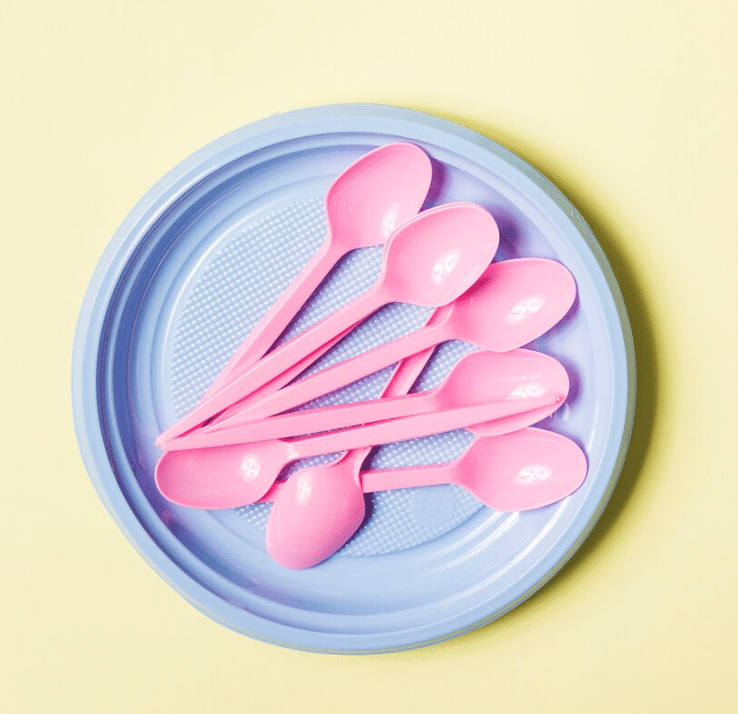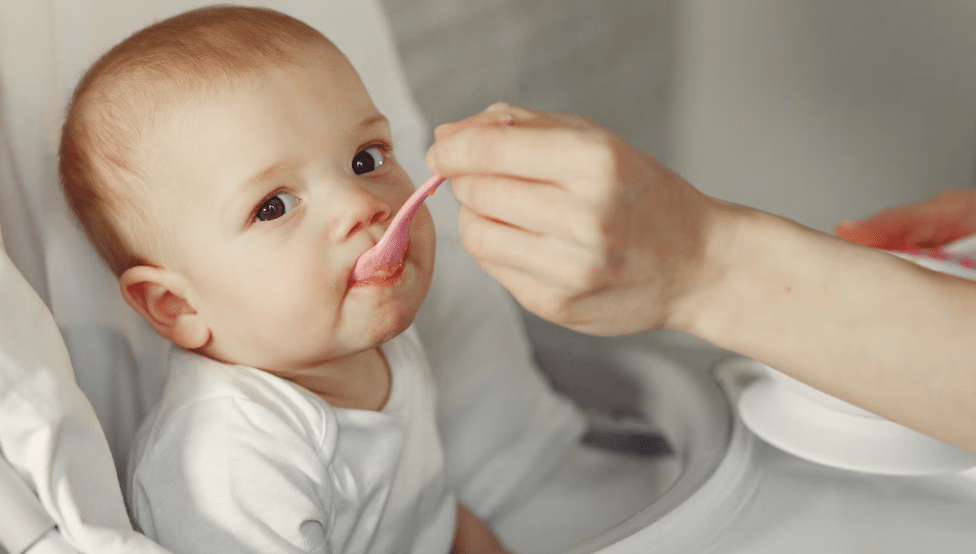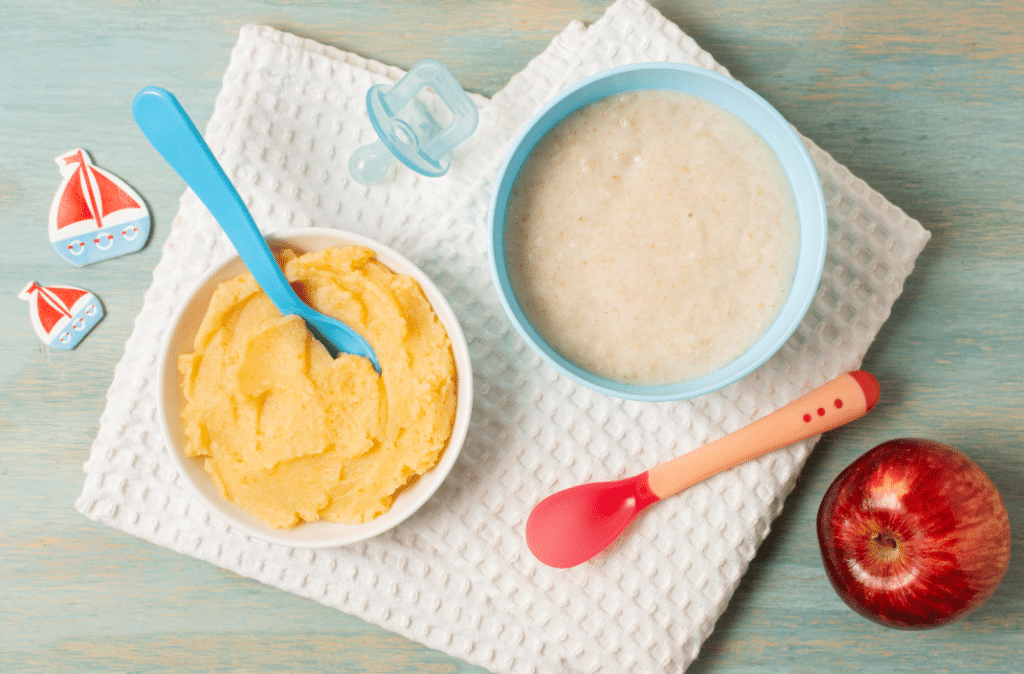Silicone vs Plastic Baby Spoons: Which is Best for Your Baby?
As a new parent, you want to make sure you provide your baby with everything they need to grow up healthy and strong. That includes choosing the right utensils for feeding. One of the most common debates is whether to use silicone or plastic baby spoons. Both have their advantages and disadvantages, and it can be difficult to decide which one is best for your little one. In this article, we’ll take a closer look at the benefits and drawbacks of each type of spoon, and help you make an informed decision.
The Benefits of Silicone Spoons for Babies: Softness and Safety
Silicone spoons have become increasingly popular among parents, and for good reason. They are made from a soft, flexible material that is gentle on a baby’s delicate gums and teeth. Unlike plastic, which can be hard and uncomfortable for babies, silicone spoons provide a more comfortable feeding experience. Additionally, silicone is a non-toxic material that is free from harmful chemicals like BPA, phthalates, and PVC. This means that silicone spoons are safe for your baby to use, and you don’t have to worry about any harmful chemicals leaching into your baby’s food.
No posts
The Drawbacks of Plastic Spoons: Risk of Chemicals and Choking Hazards
Plastic spoons, on the other hand, are not always the best option for babies. Many plastic spoons contain harmful chemicals that can be dangerous for your baby’s health. For example, bisphenol A (BPA) is a chemical commonly found in plastic products, and it has been linked to developmental issues in children. In addition to the risk of harmful chemicals, plastic spoons can also pose a choking hazard for babies. If a plastic spoon breaks or cracks, small pieces can come loose and be swallowed by your baby.
How Silicone Spoons Promote Self-Feeding Skills in Babies
Silicone spoons are not just gentle and safe for babies, they can also help promote self-feeding skills. The flexible material allows babies to grip the spoon and practice feeding themselves. This can be an important milestone in your baby’s development, as they learn to become more independent and develop fine motor skills. Additionally, the softness of the silicone spoon means that even if your baby is still learning to control their movements, they won’t hurt themselves or damage their delicate gums.
Why Silicone Spoons Are Easier to Clean and Sanitize Than Plastic Spoons
Another advantage of silicone spoons is that they are easier to clean and sanitize than plastic spoons. Silicone is a non-porous material, which means that it doesn’t absorb food particles and is less likely to harbor bacteria. This makes cleaning and sanitizing your baby’s spoons a breeze. You can simply wash them with warm water and soap or put them in the dishwasher. Additionally, silicone spoons can withstand high temperatures, so you can sanitize them by boiling them in water or using a sterilizer.
How to clean silicone baby spoon?
Cleaning and storage: Simply place your silicone spoon in the dishwasher to clean.
No dishwasher?
- Wash your spoon by hand or boil it to sterilize: The silicone baby spoon can be easily boiled in water for 5 minutes or easily cleaned by a sterilizer. In addition, the smooth structure of the silicone prevents the baby spoon from being easily contaminated.
- Hand wash with warm soapy water
- Avoid using sharp instruments to clean
- Store in a dry place to avoid direct sunlight
- Wash and inspect before use
Plastic Spoons or Silicone Spoons: Which is More Durable and Long-Lasting?
When it comes to durability and longevity, silicone spoons have the edge over plastic spoons. Silicone is a more resilient material that can withstand wear and tear over time. It won’t break, crack, or warp like plastic can, so you won’t need to replace your baby’s spoons as frequently. Additionally, silicone spoons are less likely to discolor or become stained from repeated use. This means that you can use them for longer without worrying about them looking unsightly or unhygienic.
Why is silicone spoons better than plastic spoons for baby?
The silicone Spoon is free from BPA, PVC, phthalates, and any toxic substances. Even when chewed, they pose no risk to children
Safety
We pay attention to our products containing no bisphenol A (BPA) for a good reason. Even a tiny amount of BPA connects to certain cancers, reproductive impairment, and damage to hormonal systems. It should be concerning that a 2007 study showed more than 90% of plastic baby products leached BPA. Consequently, the law now requires BPA free plastics in all plastic baby products.
We’re realising more and more that BPA alternatives, like Bisphenol S (BPS) and melamine, could be just as, if not more dangerous, than BPA.
That may be unavoidable because plastics are more chemically reactive than silicone. This reactivity means plastics spoon always have a chance to leach chemicals when heated. While most plastics come from petroleum, silicone comes from silicon. Silicon is a naturally occurring substance and the second most abundant element in the Earth’s crust. Silicon is also an inert element.
Degradability
Children consume microplastics through various means, like munching on plastic pacifiers, sippy cups, plastic bottles, spoons and more. That sounds like a problem.
The solution is clear. Unlike plastic spoon, silicone spoon can withstand high temperatures and won’t release hazardous compounds, as it doesn’t contain them at all. This stability gives silicone hypoallergenic properties, which are essential in children’s products. The food-grade silicone tableware that we made will never have the problems that plastic has.
Durability
Silicone spooon is longer lasting than plastic spoon. Due to how stable silicone is, you can hand down Silicone tableware through siblings as your baby grows, and it’ll remain as good as new. Silicone is microwave and dishwasher-safe with no risk of leaching. Not all silicone is equal, but the 100% pure food grade silicone we use is safety tested to the highest standards.
Plastic, on the other hand, tends to develop scratches and nicks over time which will retain traces of food and harbour bacteria the more you use them.
Transitioning to safer food-grade silicone spoon
When you’re weaning your baby off the plastic, glass, or stainless steel baby bottles to continue their self feeding journey, you want a safe alternative available. Silicone bottles, or even better. Our products will ensure your baby’s safety while helping them feed independently.
silicone is the answer to combating plastic’s ubiquity. Silicone can help reduce plastic consumption, so it doesn’t end up in the environment because silicone is durable and long-lasting.
Choosing the Right Spoon for Your Baby: Factors to Consider and Final Thoughts
When it comes to choosing the right spoon for your baby, there are a few factors to consider. Safety, comfort, ease of cleaning, and durability are all important considerations. While both silicone and plastic spoons have their advantages and disadvantages, ultimately the choice comes down to what works best for you and your baby.
If you prefer a soft, gentle, and safe feeding experience for your baby, silicone spoons are a great option. They are easy to clean and sanitize, promote self-feeding skills, and are long-lasting. On the other hand, if you are concerned about the risk of chemicals in plastic and the choking hazard that it presents, silicone spoons may be a better choice.
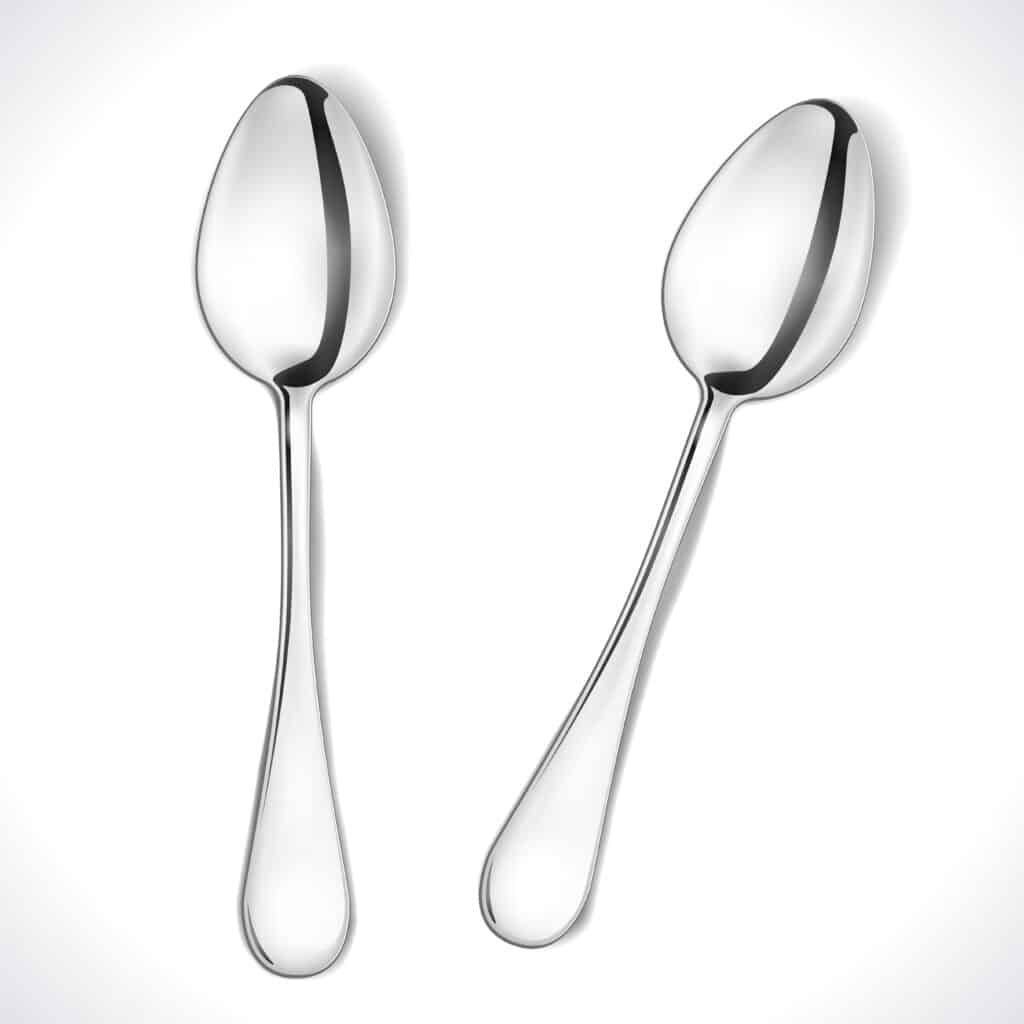
Why Can’t Babies Use Metal Spoons?
You May also like baby forks.
No posts
When choosing a spoon for your baby, it’s also important to consider the size and shape of the spoon. The size of the spoon should be appropriate for your baby’s mouth and should allow for easy and comfortable feeding. The shape of the spoon can also make a difference in your baby’s feeding experience. Some spoons have a curved or angled shape that can help to make feeding easier and more efficient.
In addition, you may want to consider the price of the spoons. While silicone spoons may be more expensive than plastic spoons, they are a worthwhile investment if they can provide a more comfortable, safe, and long-lasting feeding experience for your baby. Ultimately, the cost of the spoon should be weighed against the benefits that it can provide.
In conclusion, choosing the right spoon for your baby is an important decision. While both silicone and plastic spoons have their advantages and disadvantages, silicone spoons are generally a better option in terms of safety, comfort, ease of cleaning, and durability. When selecting a spoon, it’s important to consider the size, shape, and price, as well as your own personal preferences. With the right spoon, feeding time can be a joyous and bonding experience for both you and your baby.

